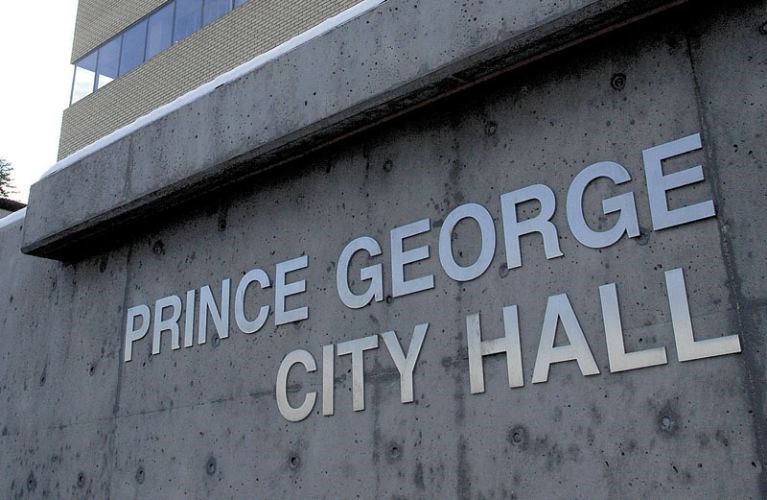More than a year after staff deemed it "one of [their] priority reports," the city will move forward in looking at how Prince George could enact more stringent rules on smoking outdoors.
In mid-August 2013, representatives from the Canadian Cancer Society came away from a city council meeting with the unanimous support of the group towards investigating the concept of banning smoking in public places.
During Monday night's meeting, city council voted in favour of having staff prepare a preliminary enhanced outdoor tobacco bylaw.
As legislative services director Walter Babicz explained, it would kick of a lengthy consultation process with a final decision on the matter not coming until well after the November election.
"Prior to drafting a bylaw for council's consideration, staff would facilitate a comprehensive public consultation process, conferring with impacted businesses and residents while responding to public inquiries and concerns," said a staff report.
Any city bylaw dealing with a health matter would also have to be approved by the Ministry of Health and Northern Health would also have to be consulted before it could be adopted.
The city is currently regulated by existing federal and provincial legislation that restricts smoking within three metres of most public workplace doorways, enclosed transit shelters and on all pubic and private K-12 school grounds.
In 2007, the city's 65 playgrounds and the skateboard park were declared Tobacco-Free Zones, with signs installed at each location to that effect. But the zones are not enforced through a bylaw and are instead meant "to discourage people voluntarily from smoking near the playgrounds," according to a staff report.
"The evidence is clear, smoke-free bylaws are part of a comprehensive best practice approach to tobacco control," said a joint letter written last year by reps from the Heart and Stroke Foundation, BC Lung Association and Canadian Cancer Society to the Capital Regional District. "Children in particular are more susceptible to health problems associated with exposure to second-hand smoke since their lungs and respiratory systems are not yet fully developed. As such, banning smoking in places where children play, such as parks, playground and beaches, is of even greater importance."
Some communities, such as Nanaimo, Surrey, New Westminster and Kelowna have taken the provincial regulations further, outright banning smoking on all city-managed recreation properties, or within specific distances of sports facilities.
In Prince George, restrictions could be placed on public and workplace buildings, hospitality patios, parks, trails, playgrounds, outdoor sports facilities, places of public assembly and public transit shelters and posts.
"An enhanced tobacco bylaw would require considerable staff resources to successfully implement the bylaw," said the staff report.
The city already has bylaws, such as ones regulating vehicle idling and bear awareness, which are largely communication measures, said Coun. Cameron Stolz.
Education and voluntary compliance are important components to those bylaws, Babicz agreed, but they are written with an enforcement element. However, given the fact that offenders would likely be gone by the time any bylaw officer could make it to a location, they are more difficult to enforce by way of tickets and fines.
Any new bylaw is not meant to vilify smokers, said Coun. Murry Kruase, but about putting forward a progressive policy.


